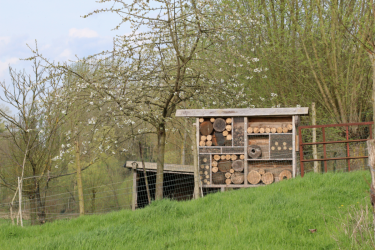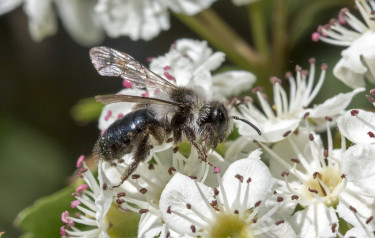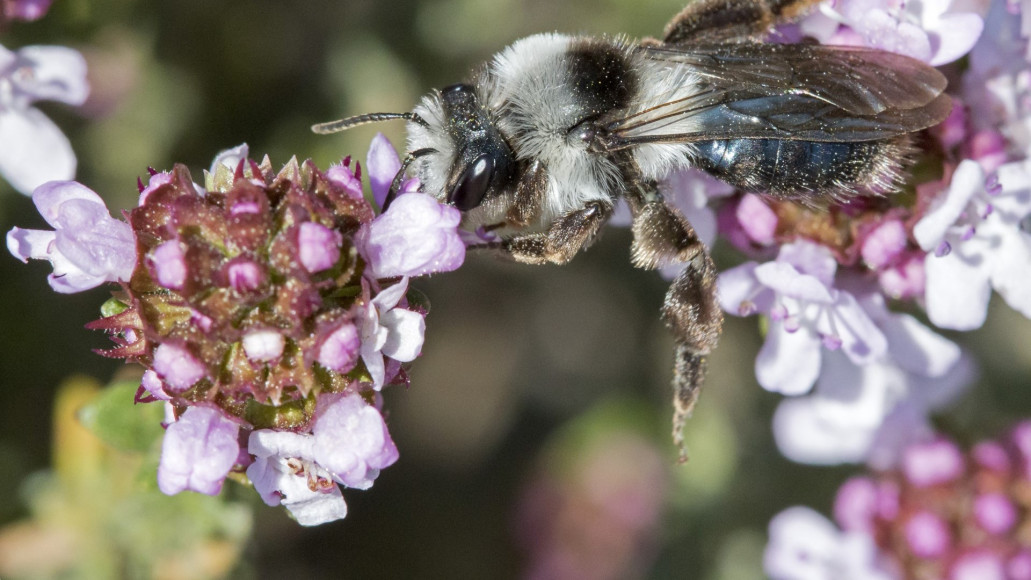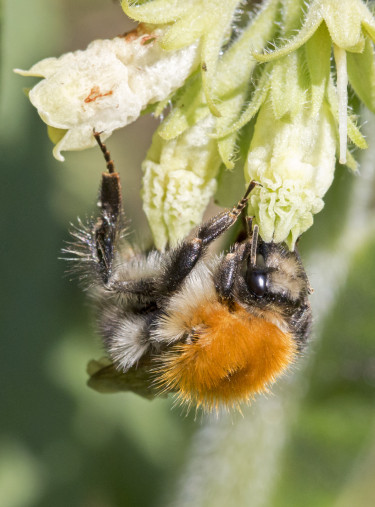May is the bee month of choice. World Bee Day is celebrated on 20 May, while the last week of May has been renamed "Bee Week". In Belgium, Maai Mei Niet ("Don't cut the grass in May") is also currently being promoted. These actions do not come out of the blue. In recent years, more and more experts have been trying to create awareness about the importance of bees. Numerous articles have appeared in the media in recent months about the threat to these winged creatures. Indeed, it is crucial for our ecosystem to continue to protect both honey bees and wild bees.





